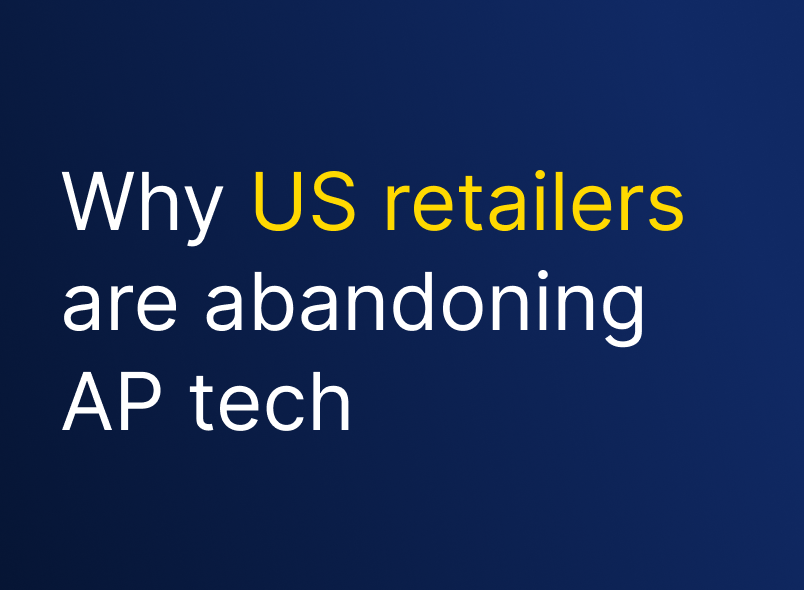Shortly after taking command of the Joint Special Operations Command (JSOC) in Iraq, General Stanley McChrystal realised he had a major problem with intelligence. This problem had given the terrorist group, Al-Qaeda, the upper hand against the world’s best military with some of the most advanced technology available. So General McChrystal went about completely changing how JSOC and its partners operated with a focus on intelligence that empowered his teams.
This ultimately helped change the course of the war on terror in Iraq and Afghanistan. He recently shared his insights in his book, Team of Teams, which is primarily aimed at bringing these changes to the corporate world. While reading his book, it immediately struck me how directly applicable the General’s insights are to retail loss prevention (LP) and asset protection (AP) teams across the world.

When McChrystal took command he was quick to realise he faced both an enemy with new tactics and internal challenges with running a large and diverse team of teams. JSOC was made up of many teams and agencies including the Navy SEALS, Army Delta, Air Force, CIA, State Department, and numerous international special forces contingents.
Within JSOC, McChrystal faced:
- Commanding a large number of people from different backgrounds, with different priorities and desired outcomes.
- A changing battlefield environment, where the same tactics used previously were no longer working.
- Groups working in silos, not sharing information.
- Poor intelligence flow, with information stuffed into a storage room at headquarters until it could be sent away for analysis.
- A lack of dissemination of information to the right people.
Building an Intelligence System
McChrystal focused on flipping JSOC’s focus from being 80% operations and 20% intelligence, to 80% intelligence and 20% operations. This focus on real-time intelligence and dissemination actually saw the Special-ops team raids grow from one every other night, to four a night. And JSOC’s culture had changed from one where an individual’s knowledge silo was power to one where sharing is power. In the process, he had increased productivity, simplified complicated tasks, and improved communication among the teams. Everyone now had a shared understanding of what was going on and everyone had an ownership stake in the results.

Application to AP/LP
Retailers are facing similar challenges when it comes to tackling Organized Retail Crime and reducing loss. This includes:
- A large number of AP/LP, security, investigators, and other people in the field all from different backgrounds and with different priorities and desired outcomes.
- A changing retail crime environment where the same tactics and technology used previously are not working.
- Groups working in silos (individual stores or regions) with no effective way of sharing information.
- Poor intelligence flow where information is often delayed and incomplete, and is then stuffed into spreadsheets for analysis by others.
Leaders have an opportunity to approach their crime problem the same way McChrystal did, by setting up an intelligence system. The key characteristics of an intelligence system as described by McChrystal are: accurate; real-time data; distributed broadly and quickly; presented in detail so that team members can see and react to patterns in deciding what to do; and shared accountability. So let’s break down these characteristics for the current retail environment:
Empowering Your Team with Intelligence
An intelligence system helps to arm your teams with context, understanding, and connectivity, that will allow them to take the initiative and make better decisions to prevent crime.
If you can present your teams with accurate, real-time, reliable information, teams will be more empowered and invariably make smart decisions that have a significant impact on retail crime and ORC.
Winning the War
Existing technology and systems aren’t making the required impact on retail loss and your teams are not empowered to identify and prevent ORC. For years now, offenders and ORC groups have taken advantage of the lag and lack of shared intelligence, allowing them to offend anonymously and without consequence. But imagine the impact you could have on ORC if you could move information across your organization in real-time and do so to empower immediate and responsive action? With a focus on intelligence systems, you and your Team of Teams will be ready to win the war on retail crime.







.png)
.png)